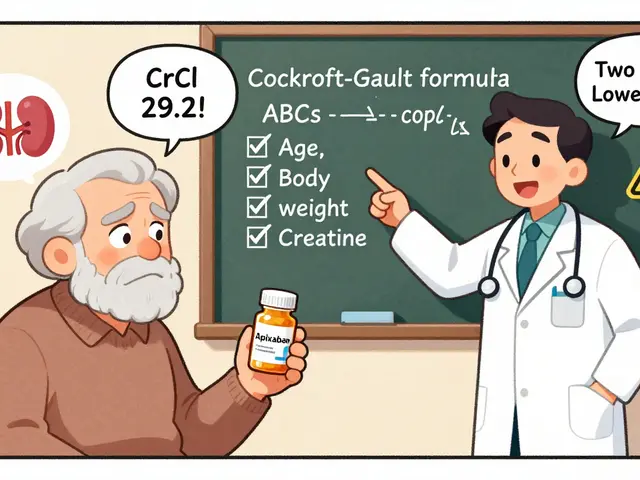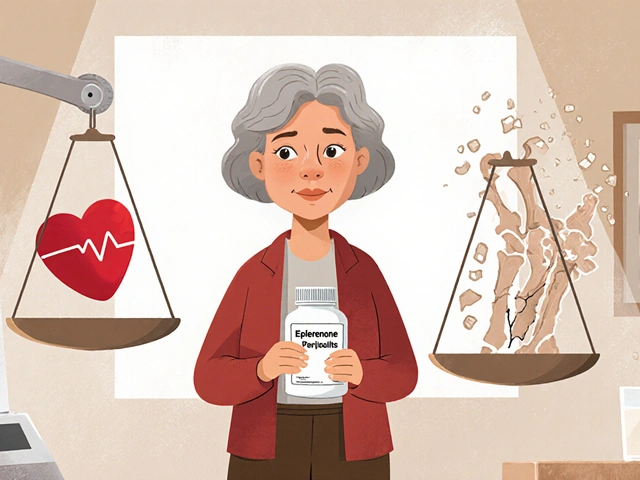Acne Treatment: Simple Ways to Clear Your Skin
If you’re fed up with breakouts, you’re not alone. Acne can feel like a never‑ending battle, but the good news is there are easy steps that actually work. Below you’ll find everyday habits, over‑the‑counter picks, and prescription options that fit most budgets.
Everyday Habits That Help
First off, keep it clean—but don’t scrub like a maniac. A gentle cleanser twice a day removes excess oil without stripping skin. Look for ingredients like salicylic acid or benzoyl peroxide; they unclog pores and kill bacteria.
Next, think about what you put on your face. Heavy creams and oily sunscreens can trap sweat and grime, leading to more pimples. Opt for non‑comedogenic (won’t clog pores) formulas. A lightweight gel sunscreen with zinc oxide does the job without the greasiness.
Diet matters too. Studies show high glycemic foods—white bread, sugary drinks—can spike insulin, which may worsen acne. Swapping those for whole grains, leafy greens, and lean protein can calm flare‑ups.
Stress isn’t just in your head; it shows up on your skin. When you’re stressed, your body releases cortisol, a hormone that boosts oil production. Simple stress‑relief tricks like short walks, breathing exercises, or even a quick stretch break can keep cortisol levels down.
Medical Options & Alternatives
If home care isn’t enough, prescription treatments are the next step. Common choices include topical retinoids (like adapalene) that speed up cell turnover and oral antibiotics such as doxycycline for inflammatory acne.
For those looking beyond traditional meds, there are newer alternatives. Our recent guide on Isofair alternatives lists options like spironolactone—great for hormonal breakouts—and the Ordinary Niacinamide 10% + Zinc 1%, a budget‑friendly serum that reduces oil and redness.
Another route is light therapy. Blue LED devices at home can kill acne‑causing bacteria without any chemicals. It’s painless, quick (just a few minutes a day), and fits into a busy schedule.
If you’ve tried everything and still see stubborn spots, consider seeing a dermatologist about isotretinoin (commonly known as Accutane). It’s powerful but requires monitoring; the results can be dramatic, often clearing skin for years.
Remember, consistency beats intensity. Pick a routine you can stick to—whether it’s a three‑step morning cleanse or a weekly mask—and give each product 4–6 weeks before judging its effect.
Finally, protect your skin after any treatment. Even the strongest acne meds can make skin sensitive to sunlight, so always finish with a non‑comedogenic sunscreen.
Clear skin isn’t magic; it’s about smart habits, the right products, and sometimes a little professional help. Use these tips as a starting point, adjust what feels right for you, and watch those breakouts fade.










